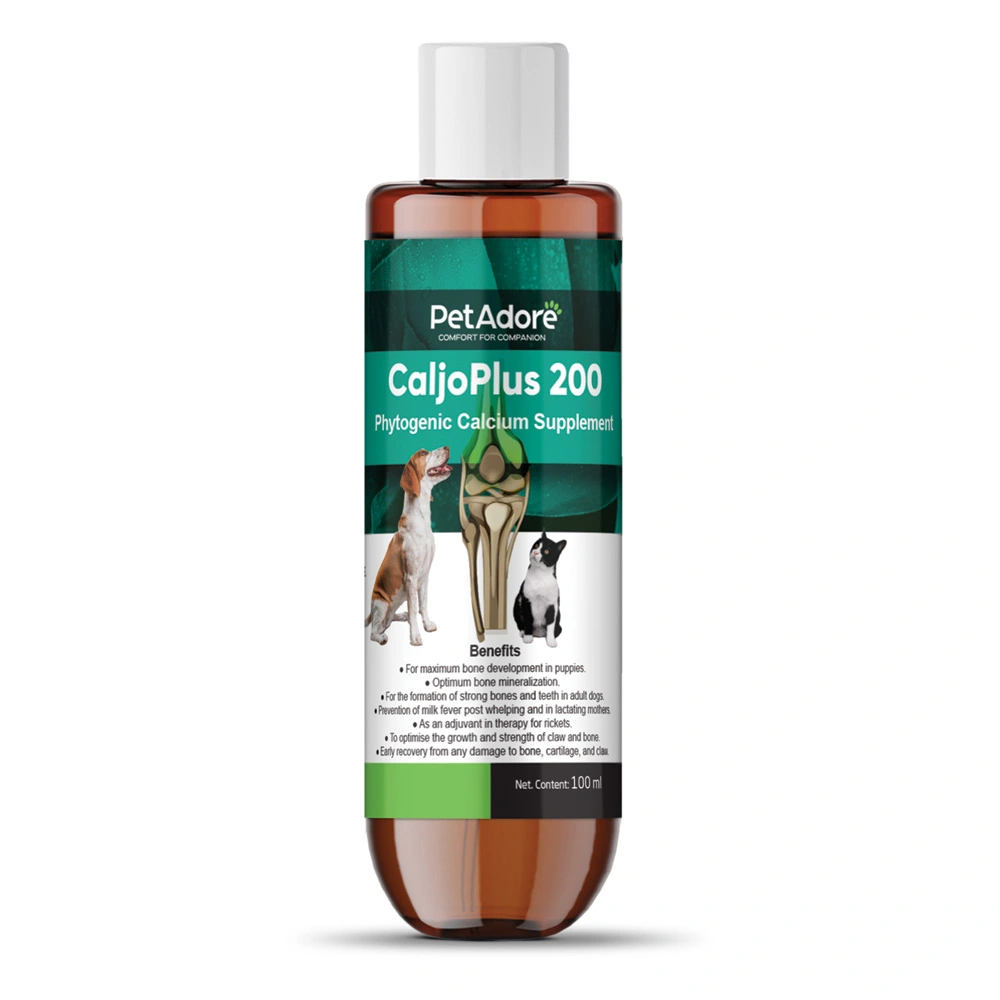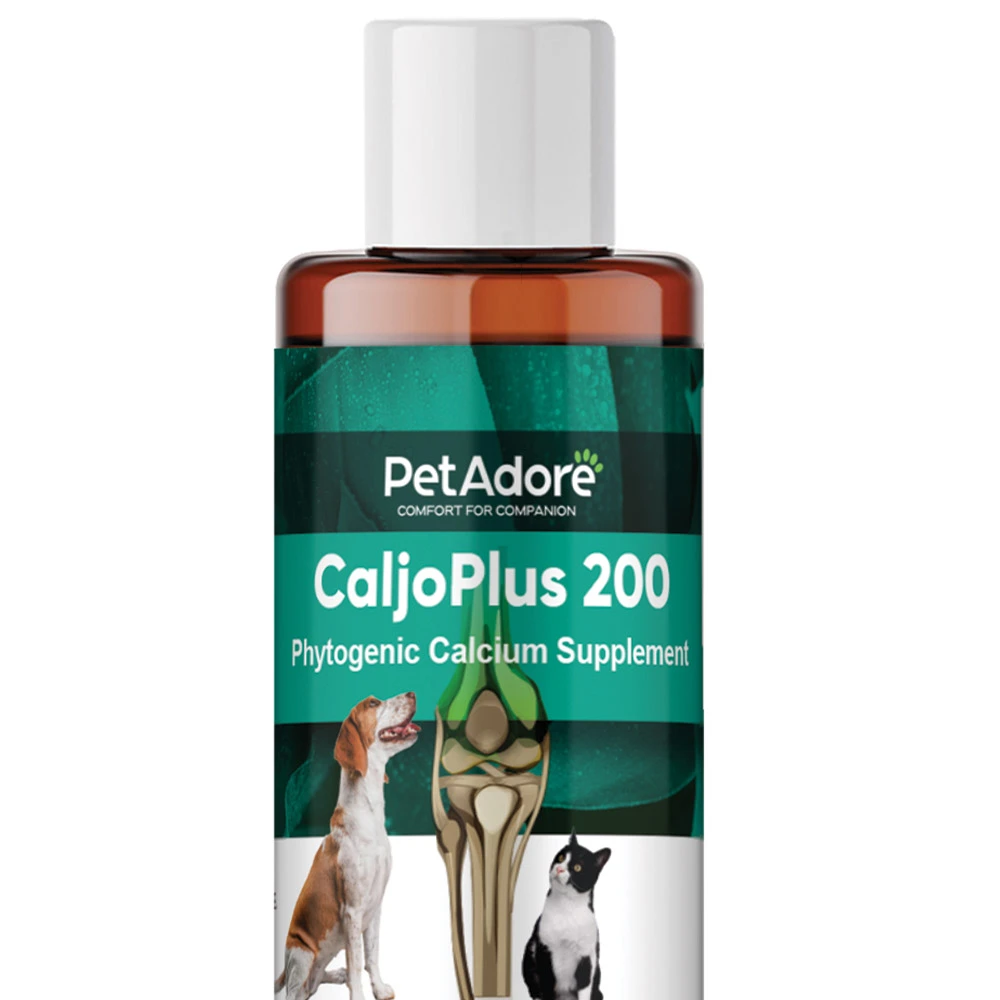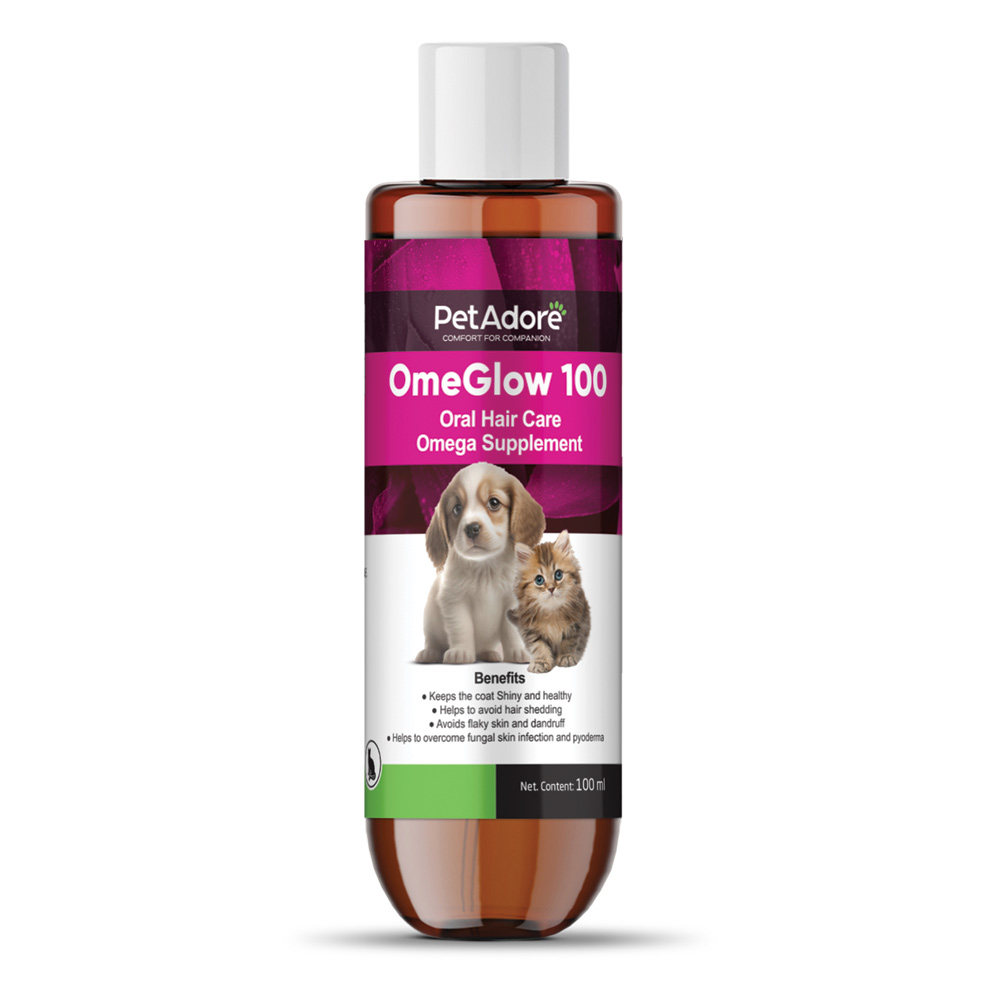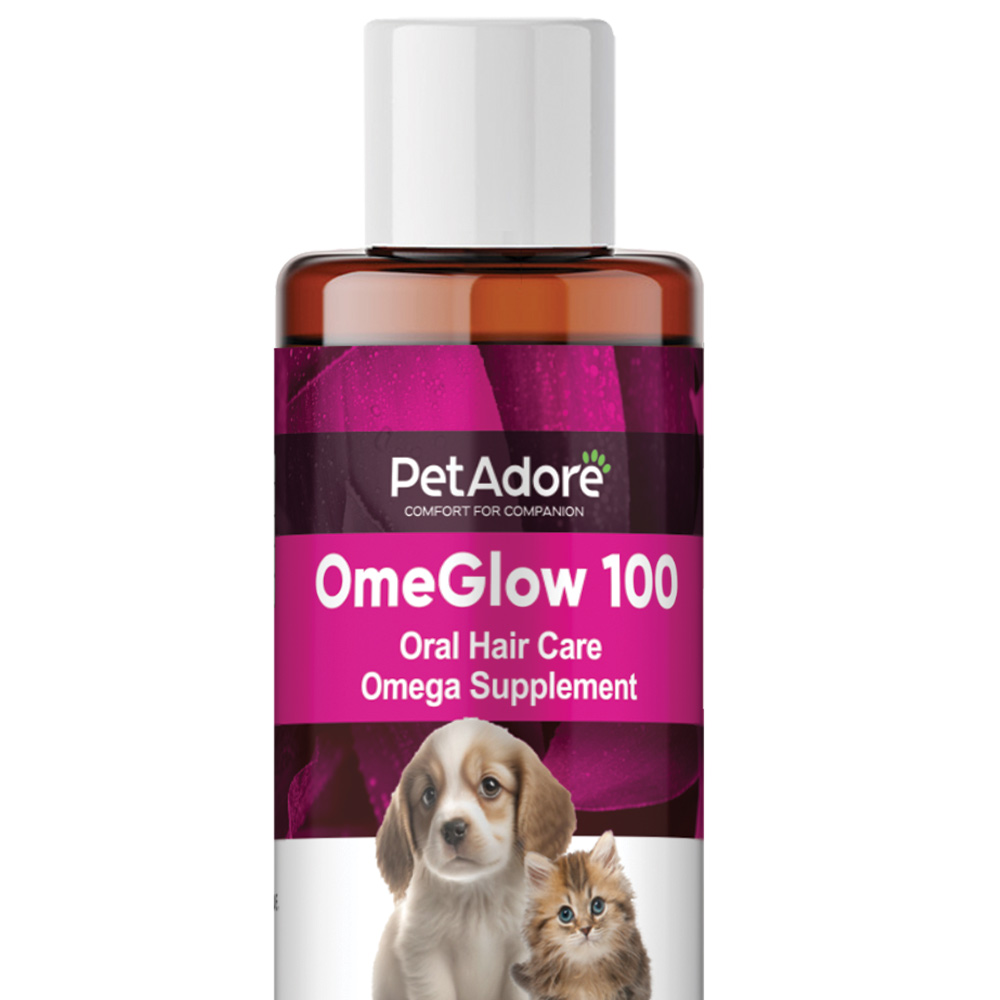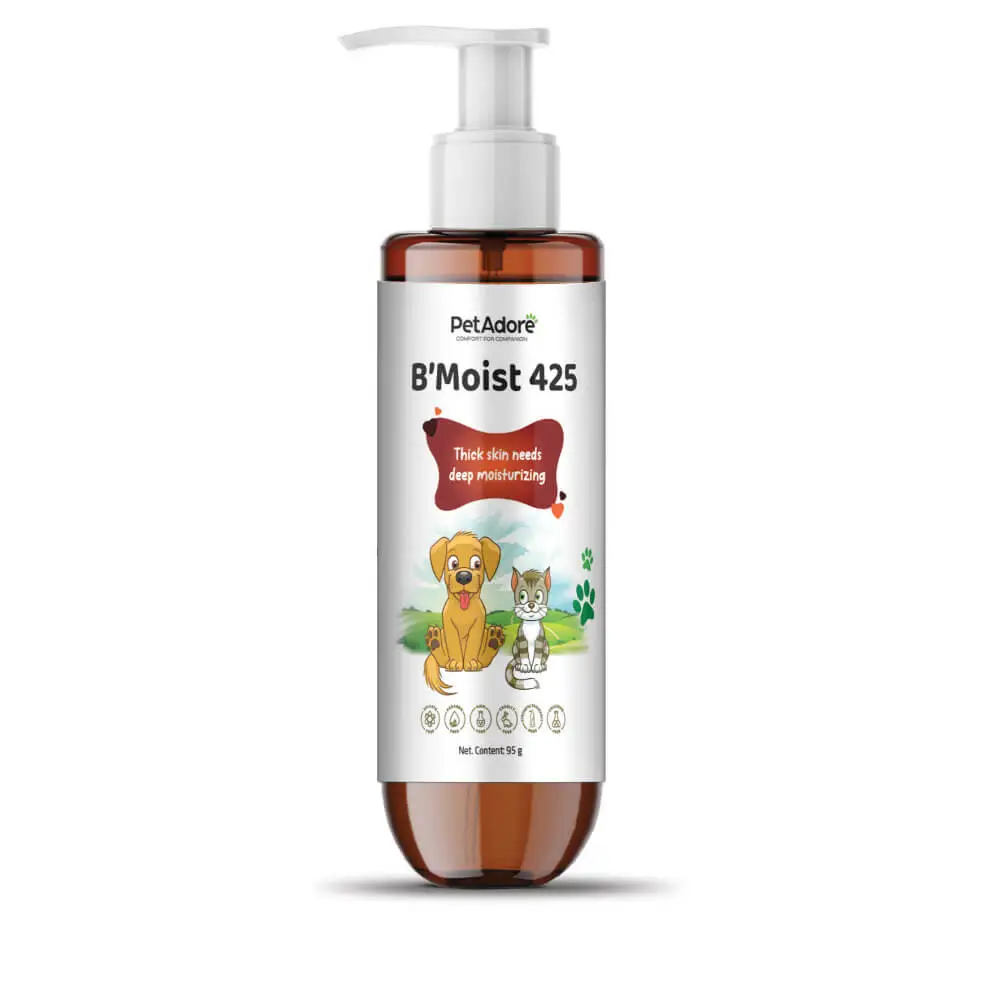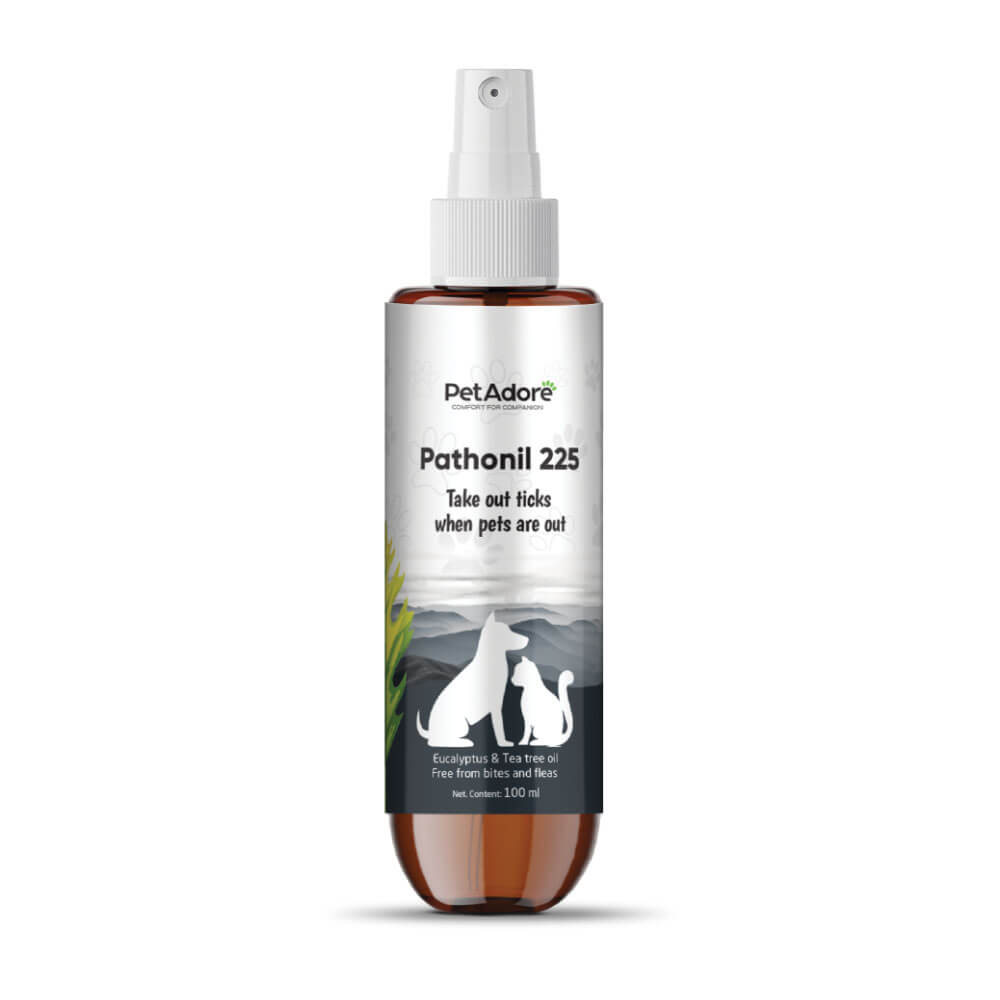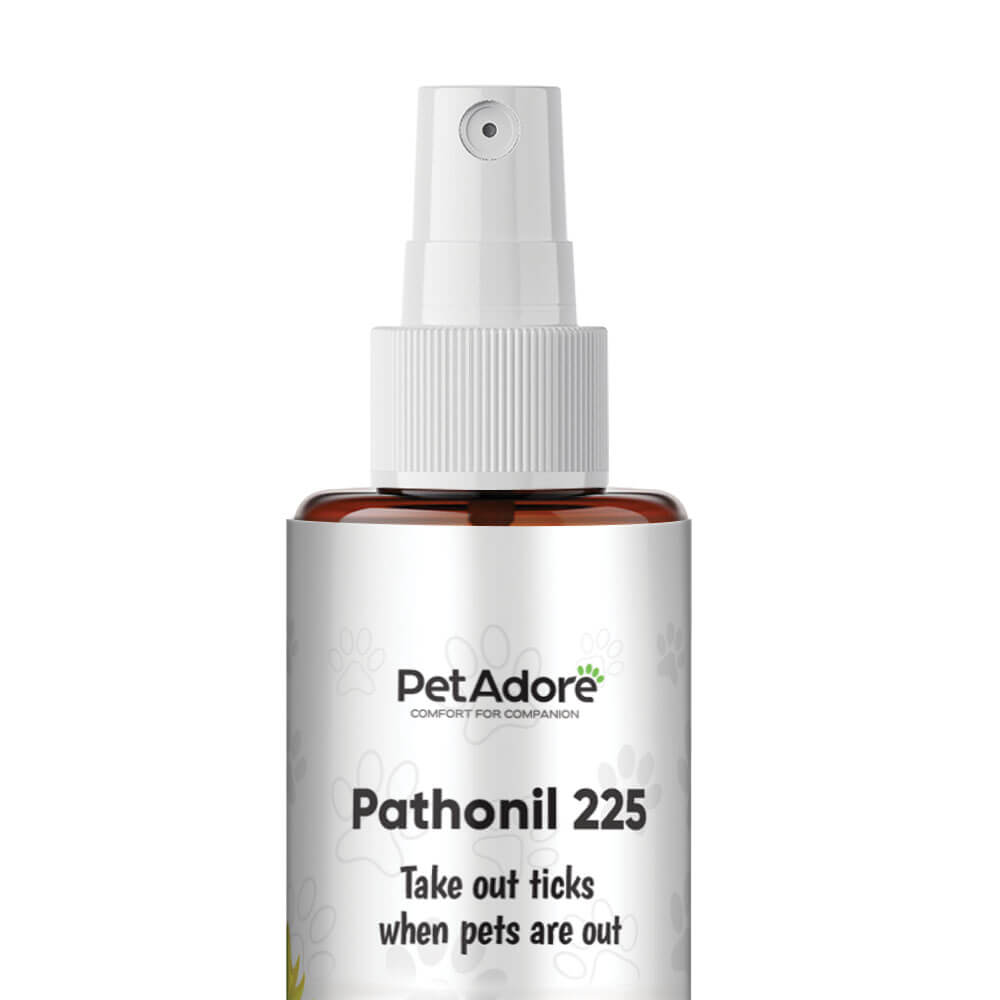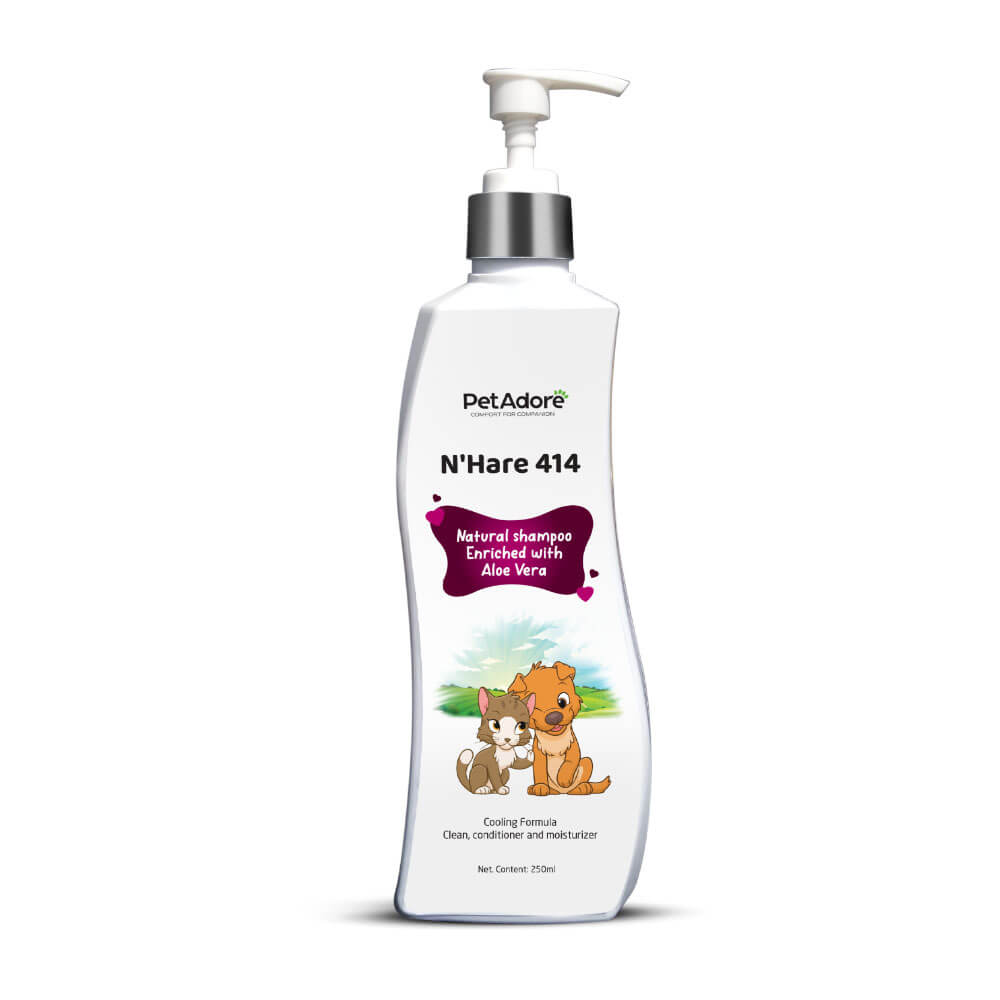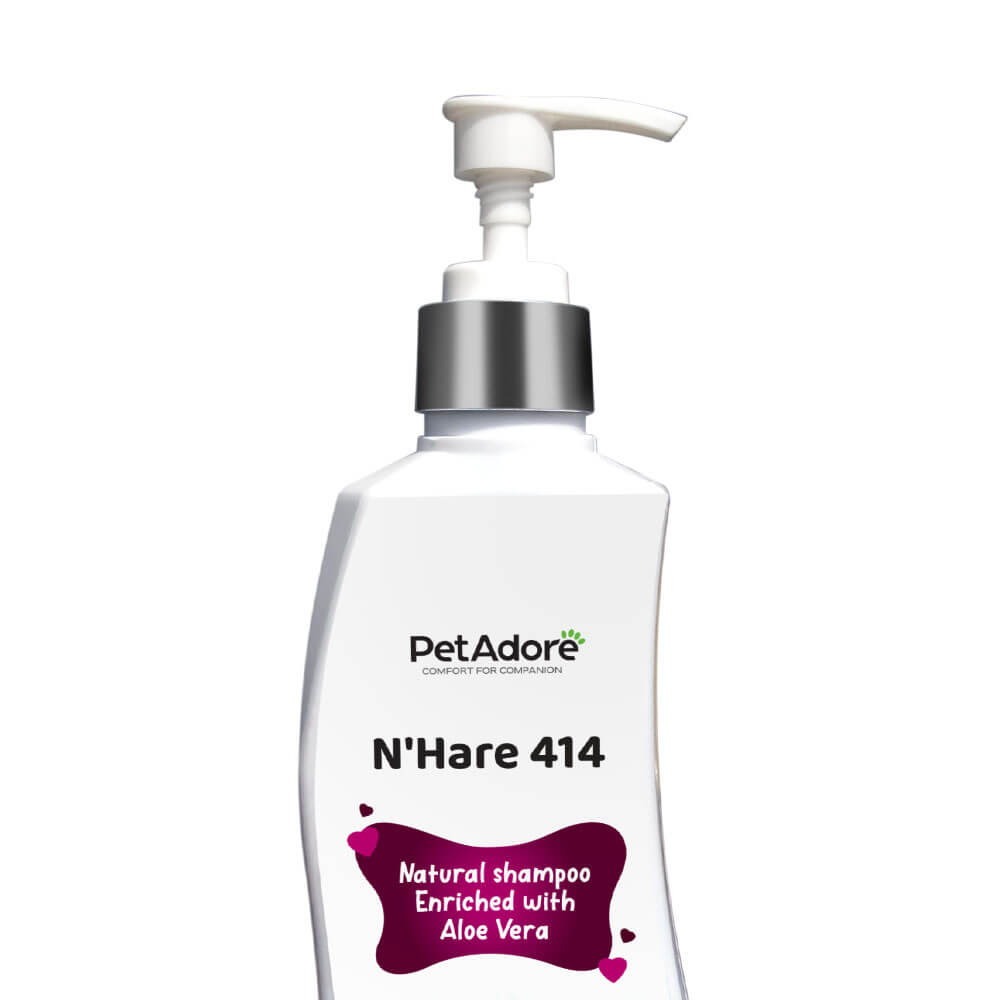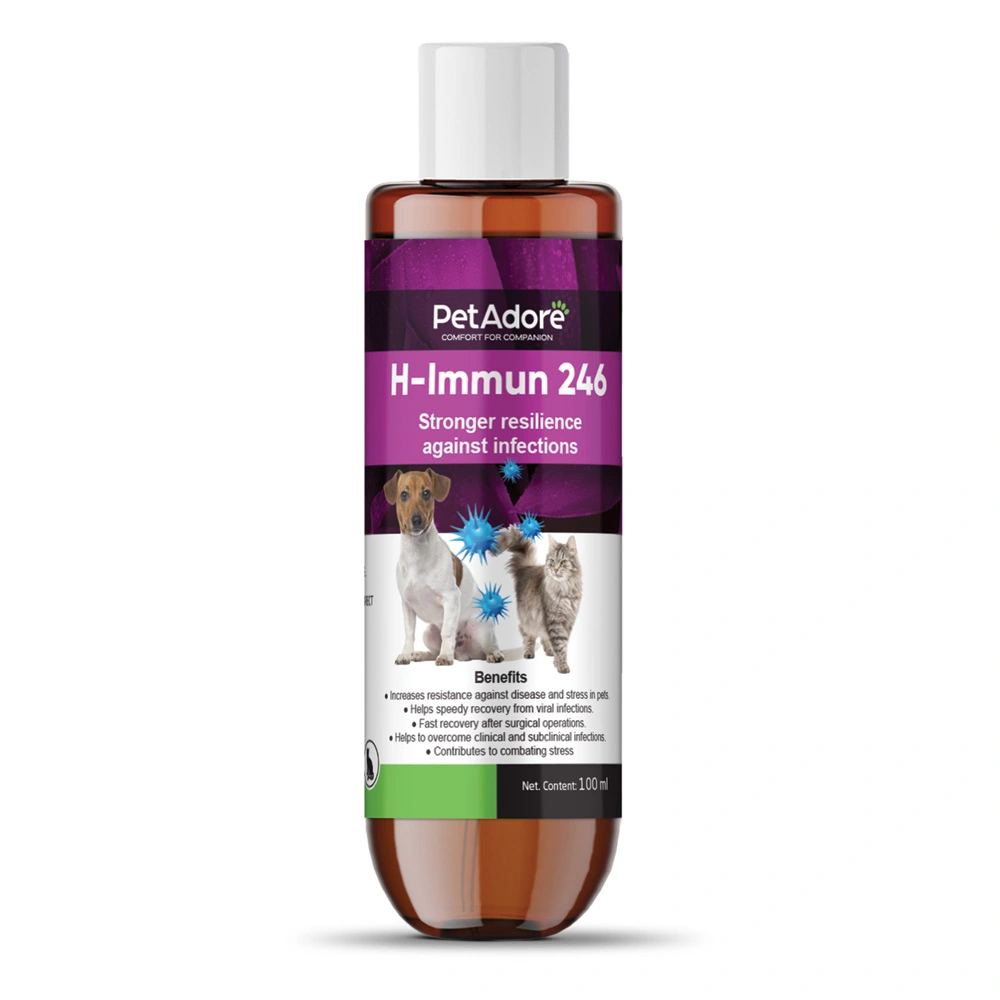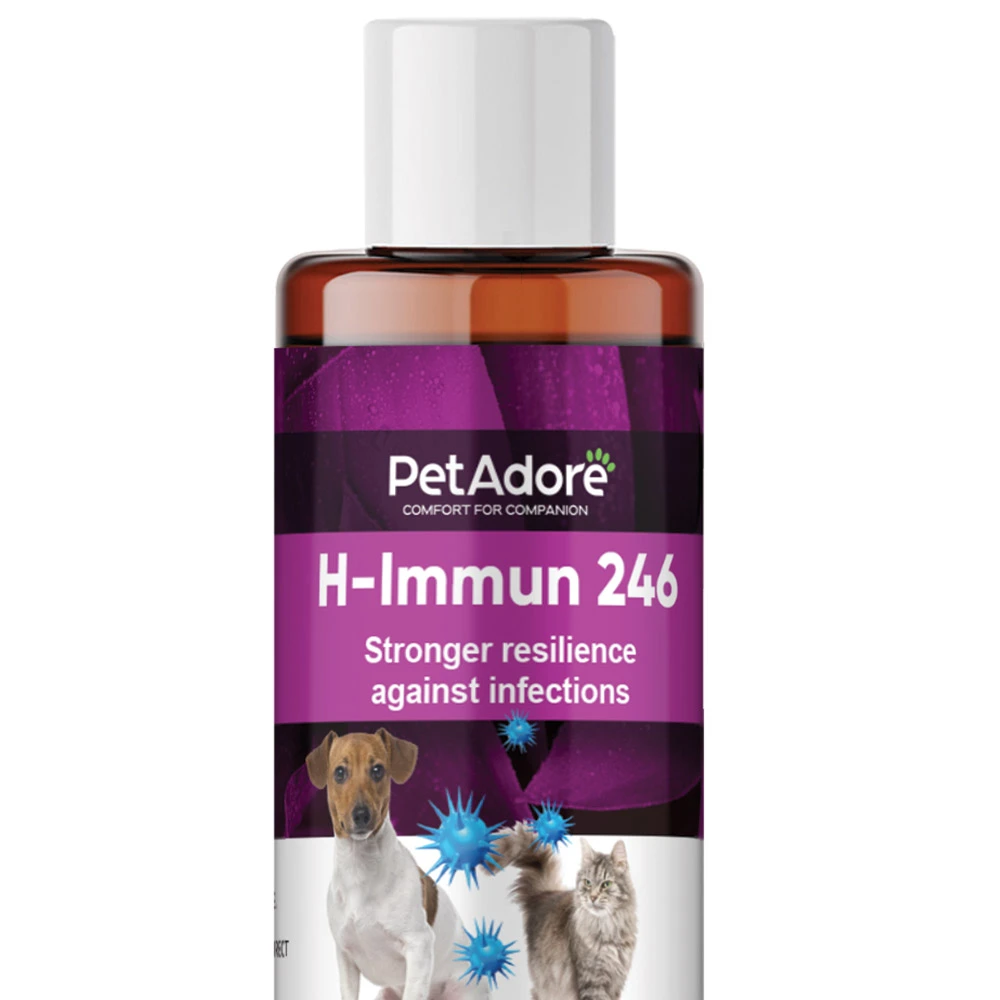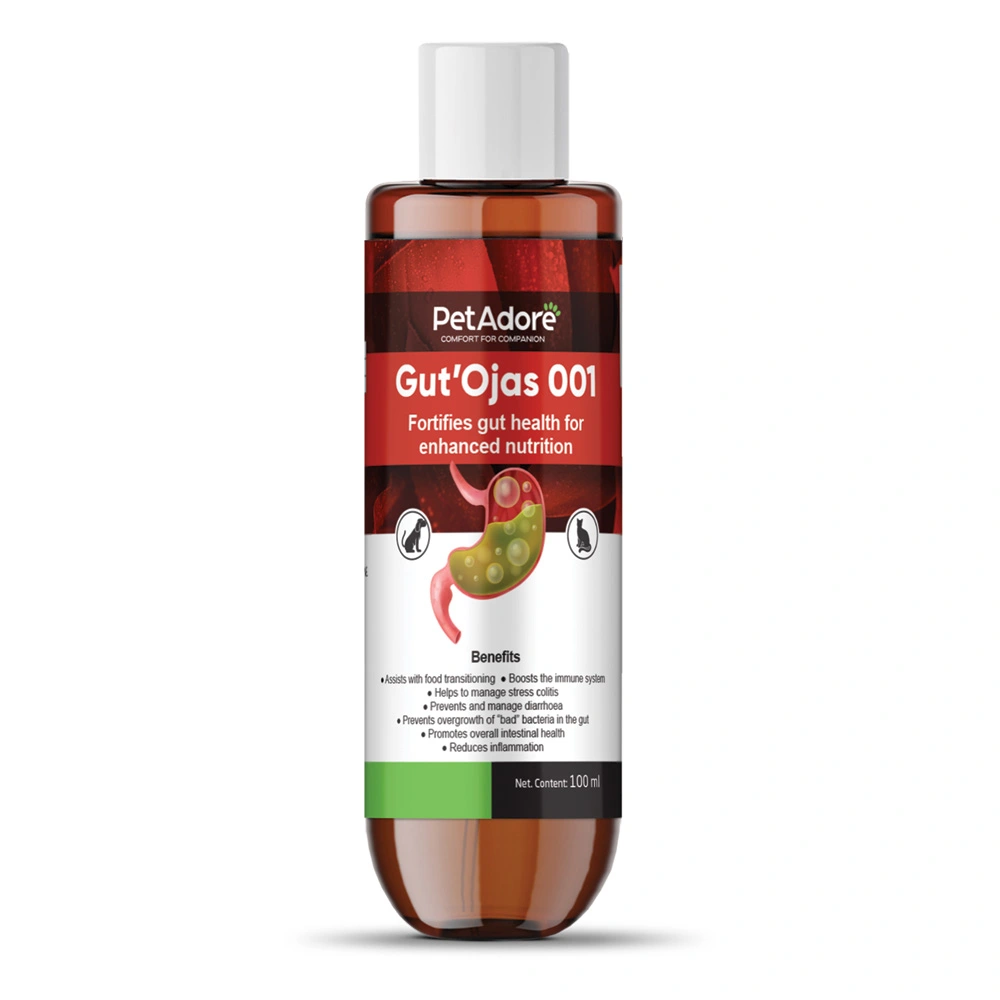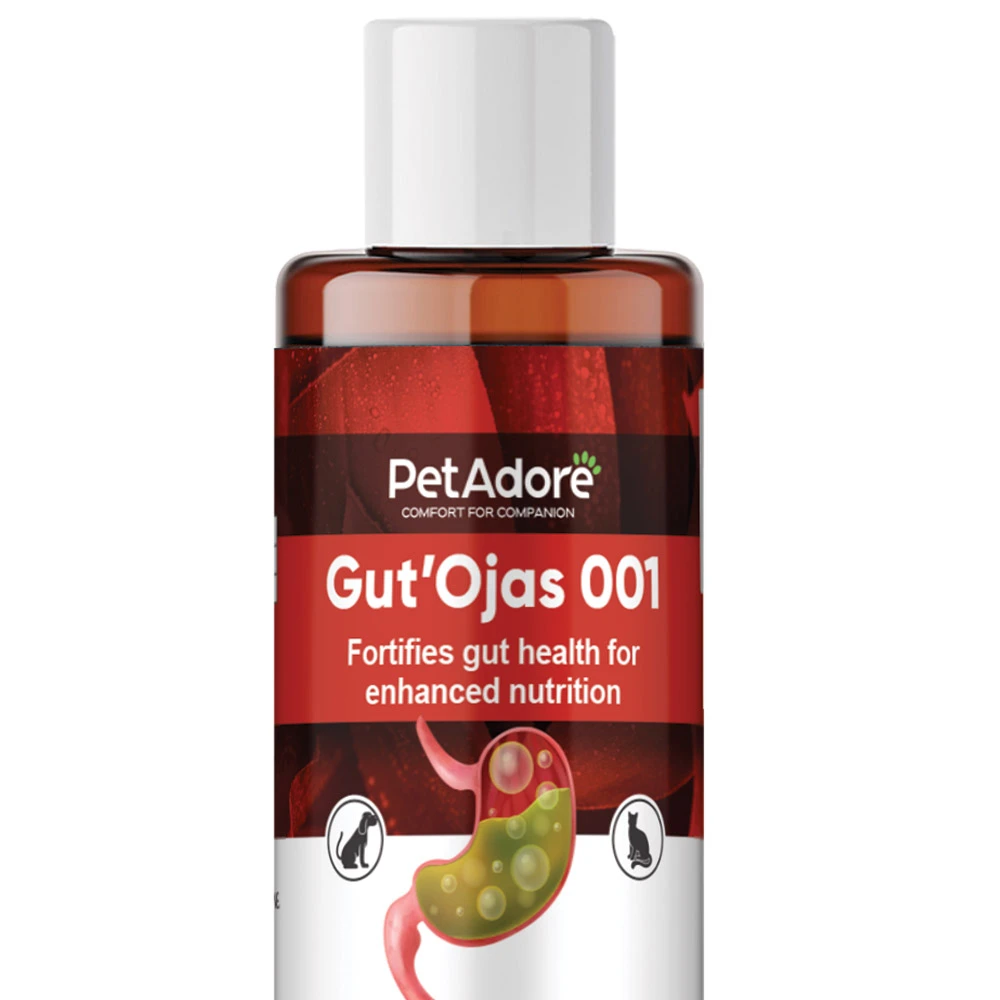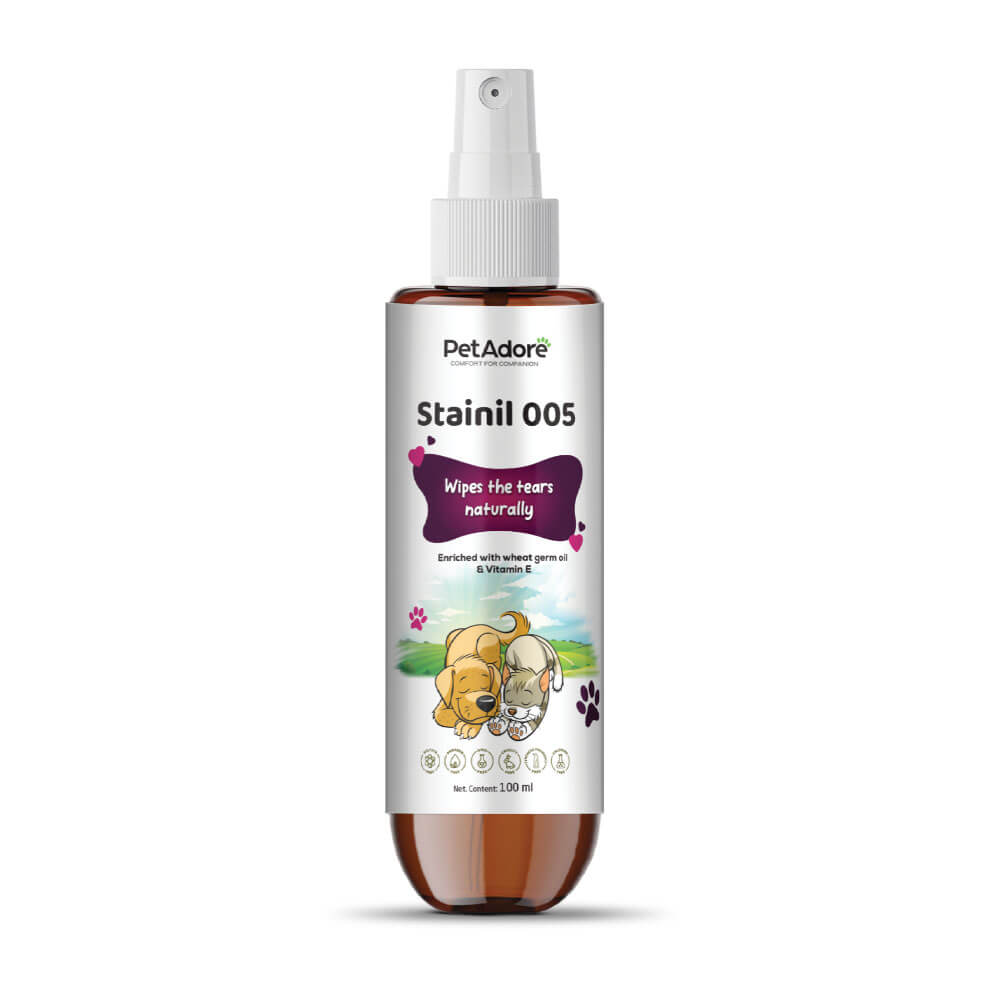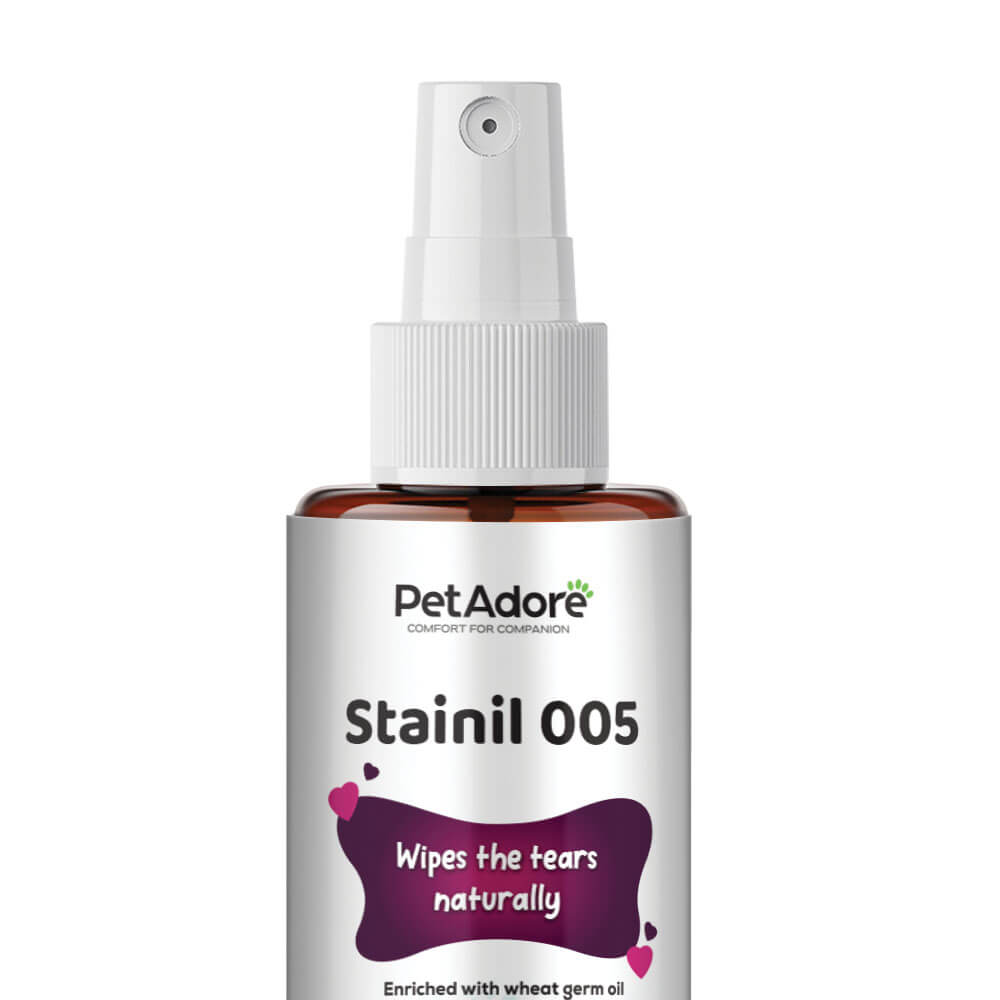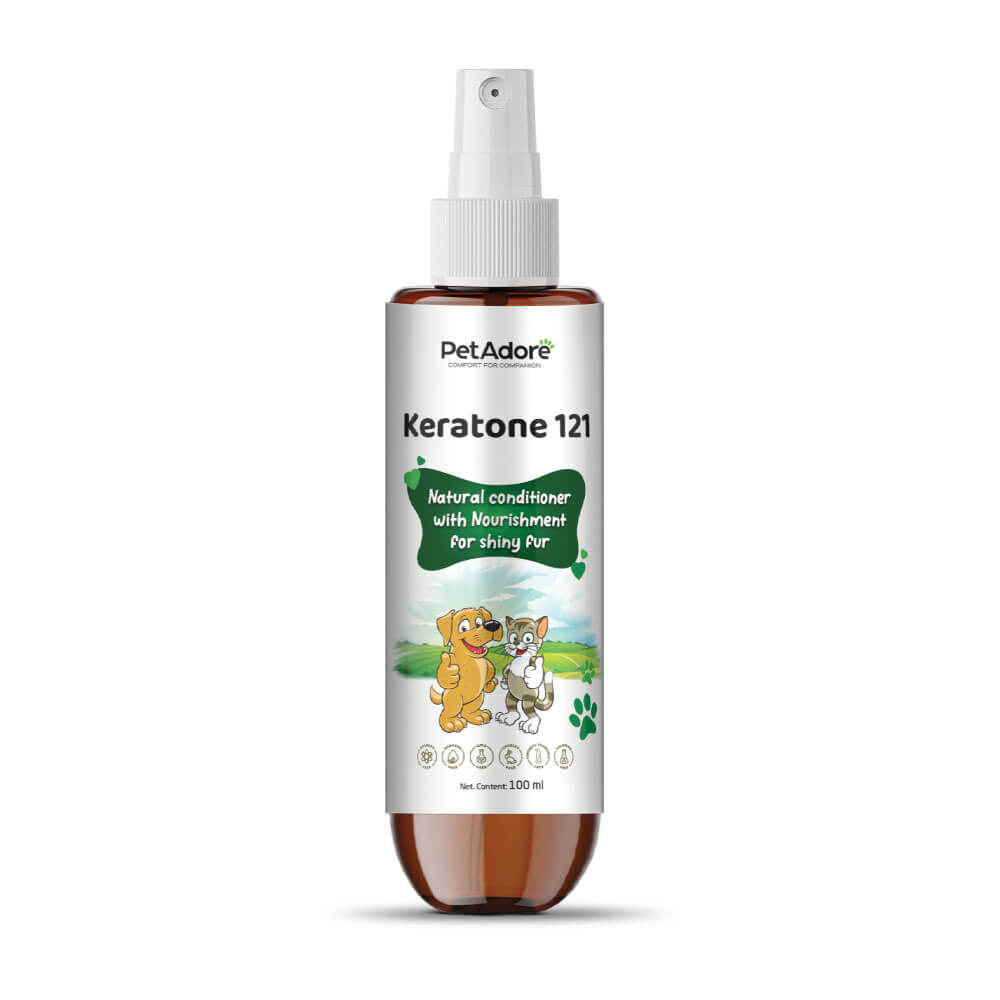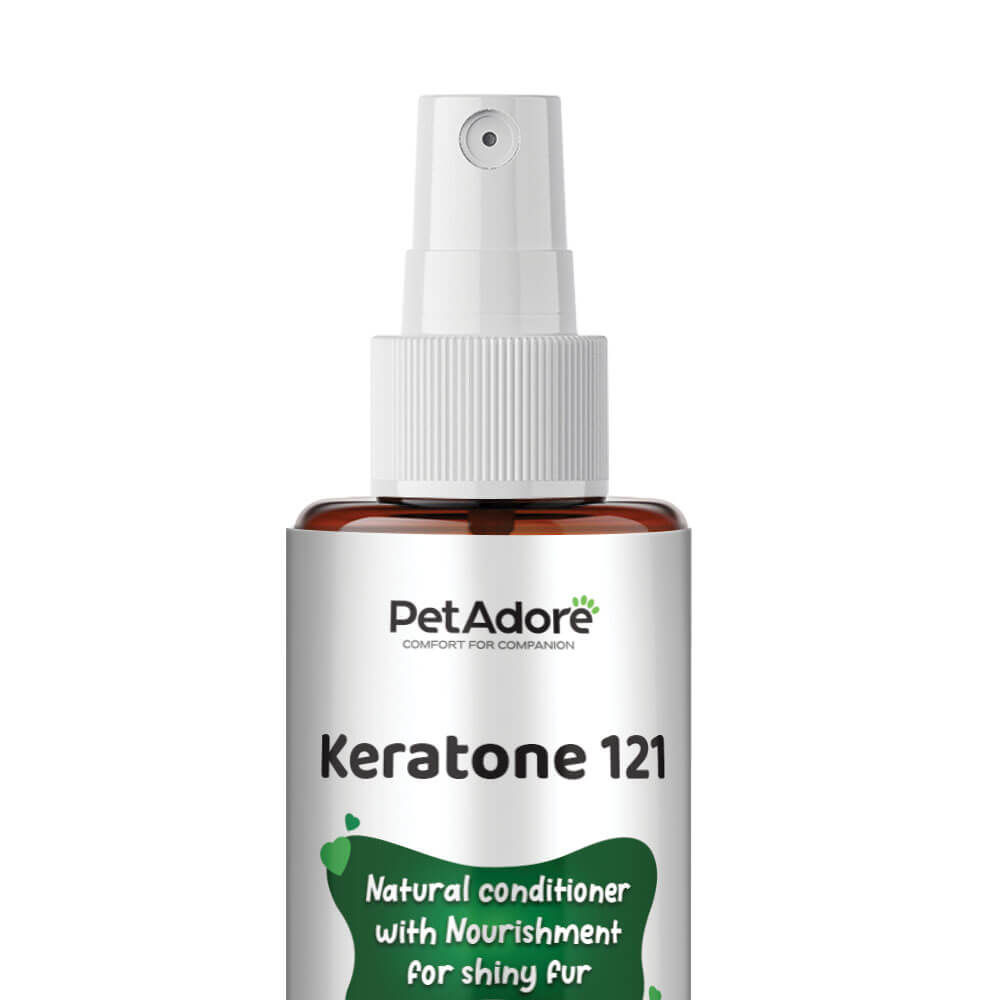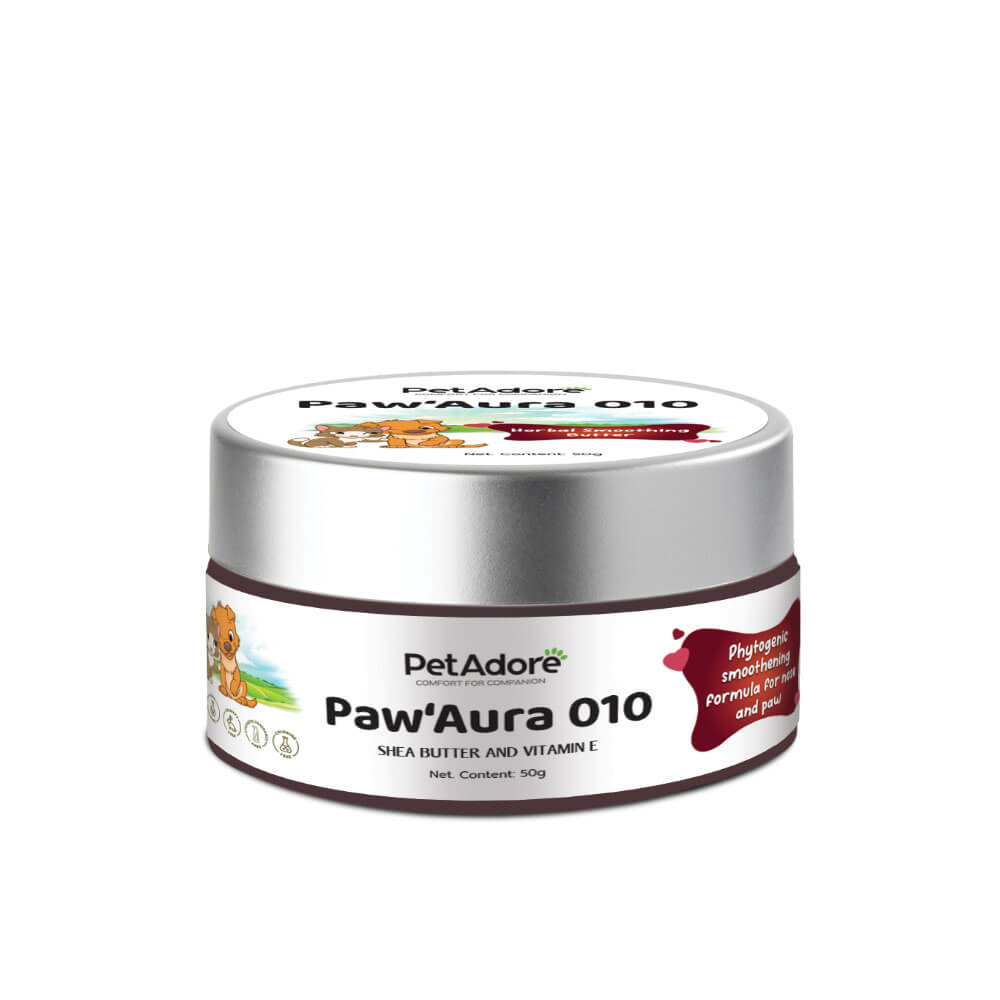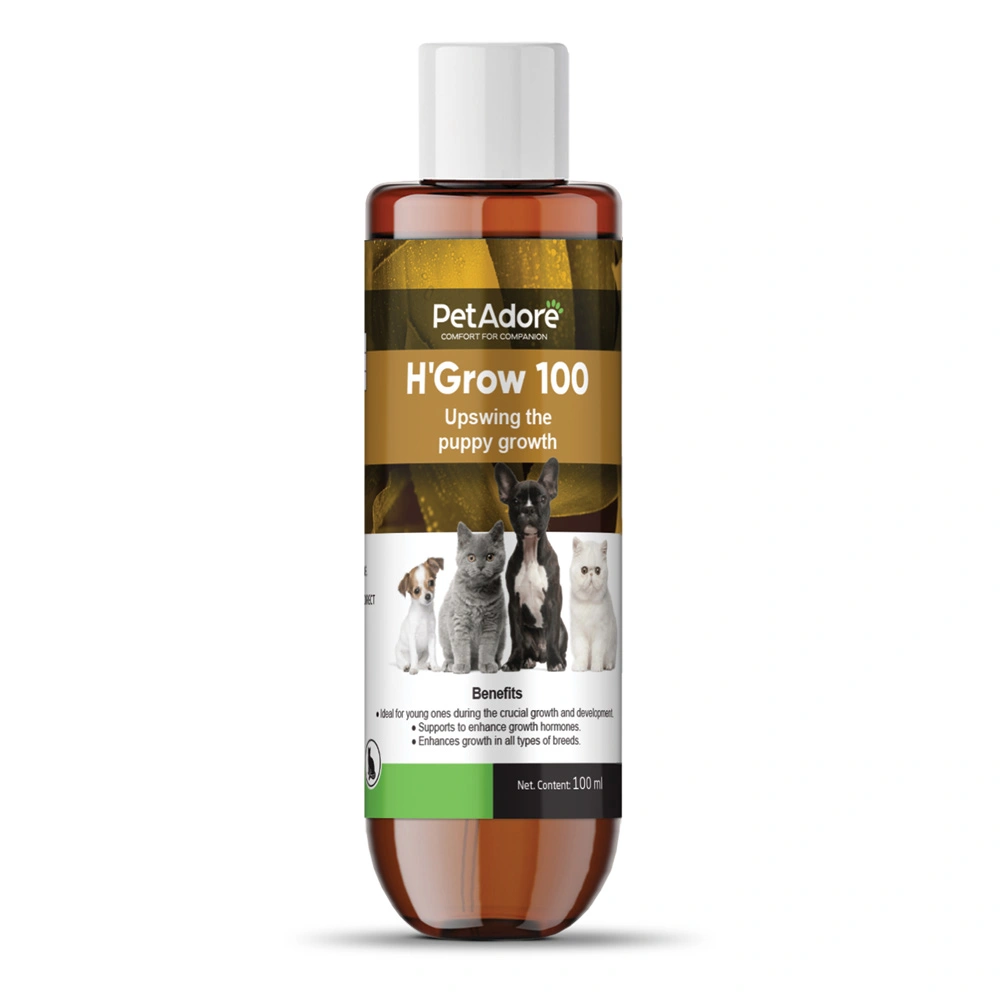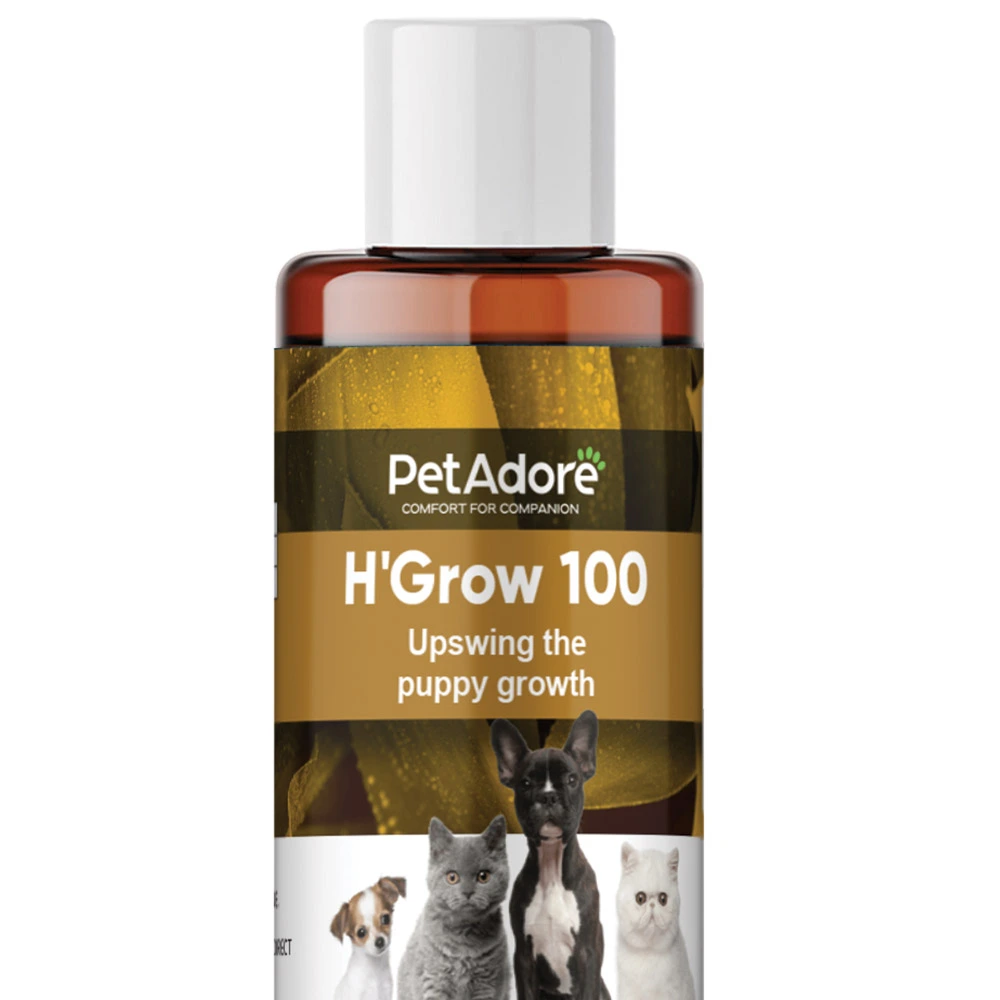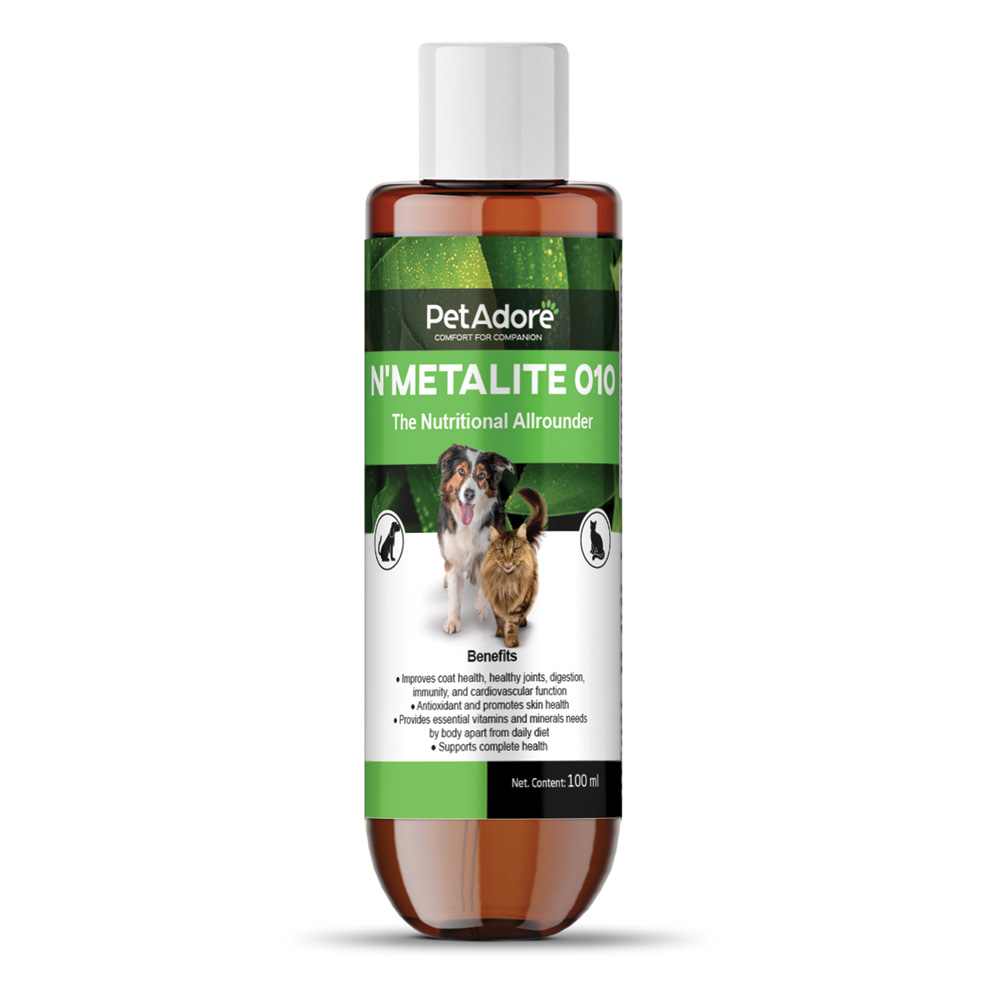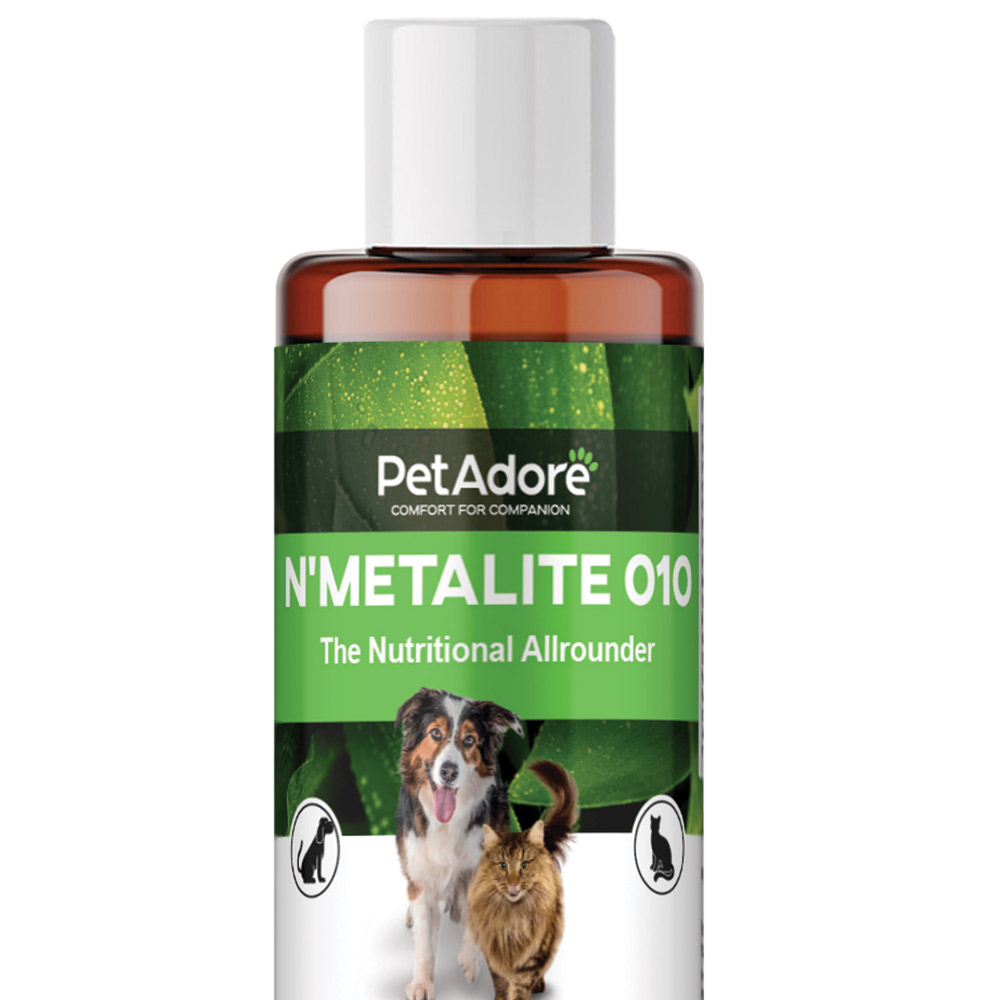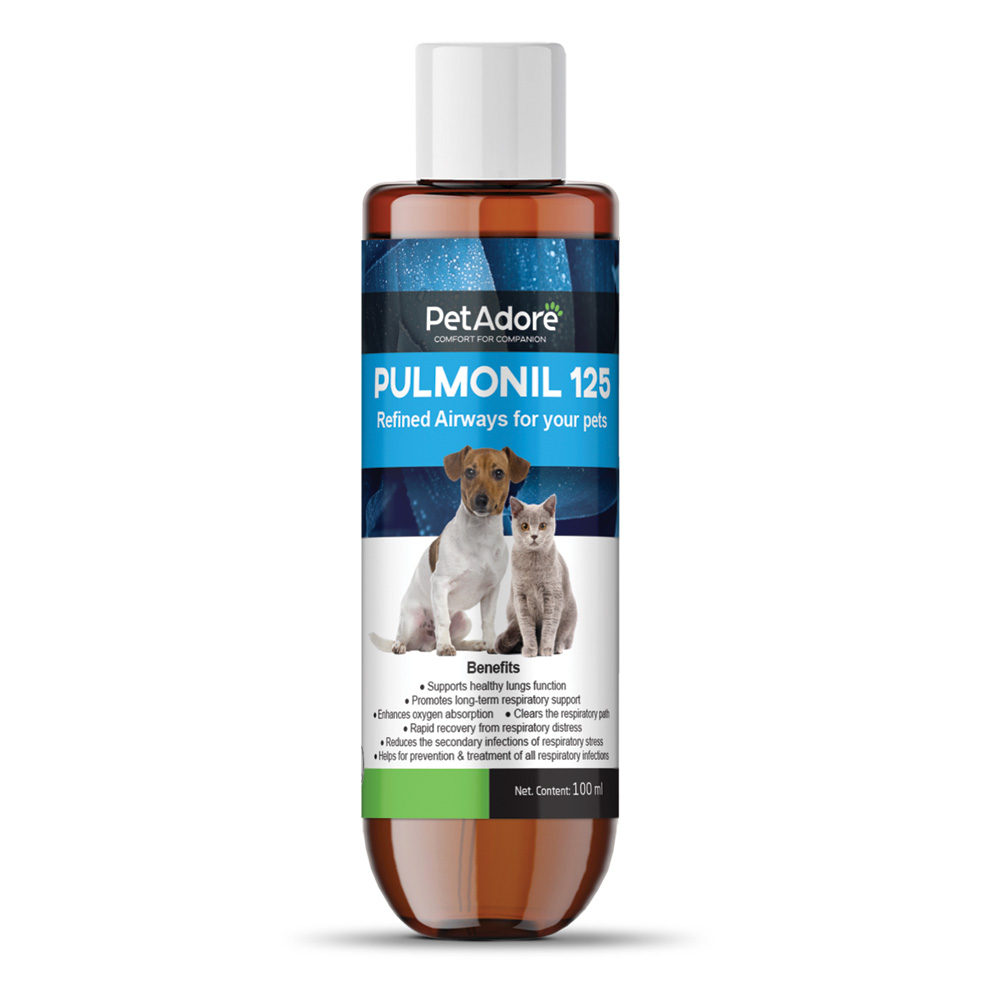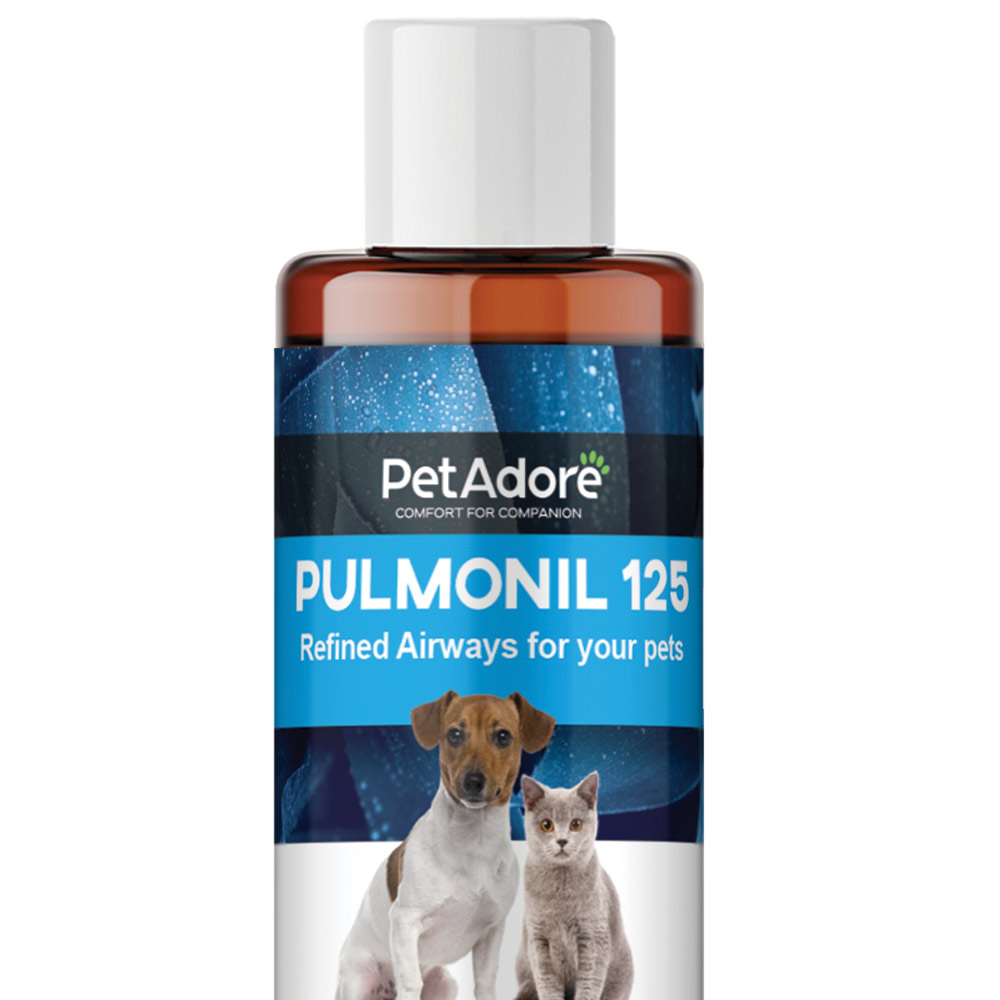
Phytogenics
A rapid development in the potential use of phytogenic feed additives has occurred mainly due to the 2006 EU ban on the use of antimicrobial substances as growth stimulators; however, they are also used as sensory, technological additives or substances positively affecting the quality of animal products.
The use of phytogenic additives in form of extracts, predominantly essential oils, has been tested in a number of animal species on the safety and efficacy of their use, or on their effect on the quality of animal products. These additives have become increasingly popular and are available in many forms, including those found in online pet shop. Order Pet Grooming and Supplement Products Online Now!
What is Phytogenics?
“Phytogenics are standardized, specific and science-based combinations of bioactive compounds found in plants with proven efficacy and a sustainable impact on Pets, people, and/or the environment.”
There are four major families of phytogenics: essential oils, saponins, tannins and phenolics. The protective mechanism of phytogenics in Pets health mostly depends on the plant from which they’re derived. The most common use of phytogenics in Pet products for Pets health are,
Essentials Oil (EO)
Natural antimicrobial agents in pet grooming products Natural growth promoter in poultry and ruminant.
Saponin
Ammonia binder to reduce foul odor of urine
Tannins
Antioxidant and antidiarrheal.
Phenolics
Natural colors and anti-inflammatory.
Our Products
Supplements
PetAdore
Grooming Products
PetAdore
How Does it Works?
Phytogenic feed additives using plant extracts show greater modes of action in animal nutrition compared to synthetic, nature-identical substances. This advantage is based on the synergistic effects of all agents within a plant, which have not been reduced to the effects of a single lead substance.
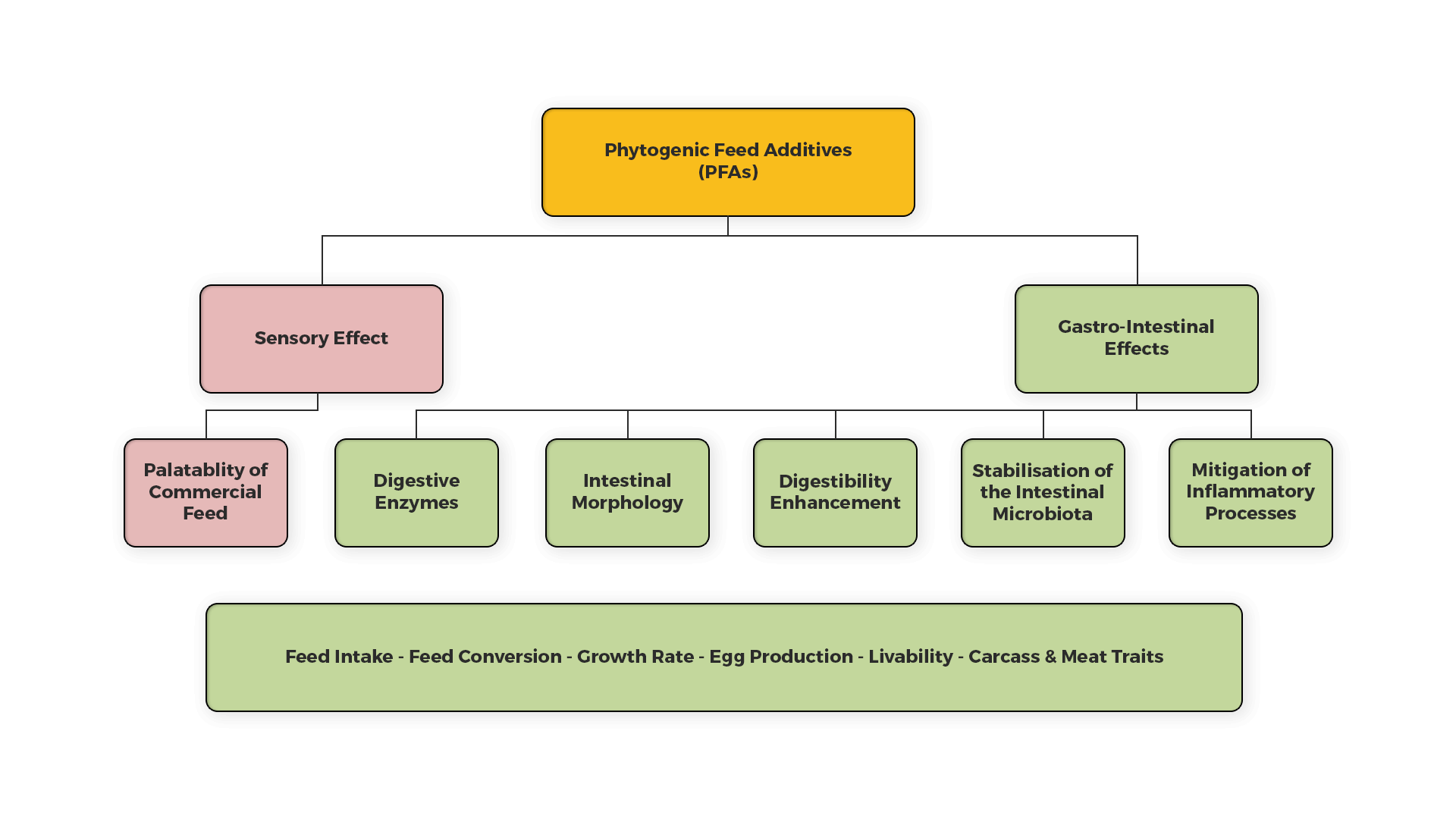
| Common Name | Botanical Name | Active Constituents | Benefits |
| Oregano | Oreganum vulgare | Carvacrol, Thymol | Antimicrobial, Antioxidant |
| Thyme | Thymus vulgare | Thymol, Carvacrol | Antimicrobial, Antimicrobial |
| Garlic | Allium salivum L. | Diallyldisulfide, Alliin, Alliciin | Lipid digestion, |
| Antimicrobial activity | |||
| Peppermint | Mentha piperita | Menthol, Carvacrol | Improving gastric and |
| Intestinal peristalsis | |||
| Cinnamon | Cinnamomum cassia | Cinnamaldehyde | Antimicrobial activity, |
| Palatability | |||
| Anise | Pimpinella ansium | Anethole | Appetite stimulation, |
| improving gastric peristalsis |

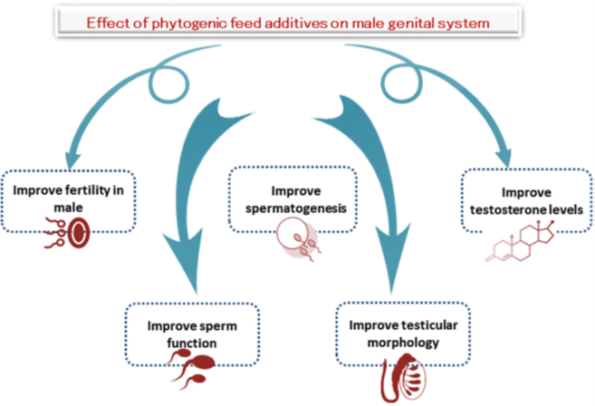
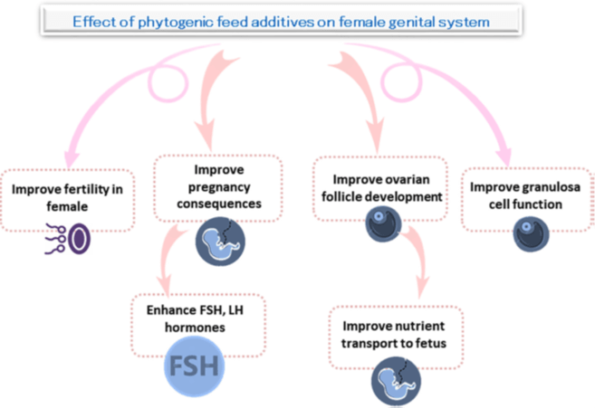
Phytoactive Range of Grooming Products
Phytoactive Range of Supplements
Why Phytogenics?
| Synthetic Drugs | Crude Herbs | Phytogenic |
| Man made from chemicals | Naturally available crude plant | Man made from herbs |
| Single active - target based activity | Wide actives - less activity | Enriched actives - Broad activity |
| Address symptoms caused by specific diseases | Direct towards aiding the body’s own healing process | Direct towards aiding the body’s own healing process |
| Concentrate on Primary presenting symptom | Random treatment | Concentrate on supporting systems and functions stressed by the primary symptom |
| Negative effect on other systems | No change in other systems | Positive effect on other systems |
| Immediate effect | Takes long time | Minimum lead time |
| Secondary-infection will happen | Less chance of secondary-infection | No secondary-infection |
| Expensive | Less expensive | Moderate expensive |
| No effect in chronic disease Piles, Rheumatoid arthritis, Jaundice and many more | As in crude form less effect for chronic diseases | Work for chronic diseases |
| Formation of resistant microbial organism | No resistant microbial population | No resistant microbial population |


